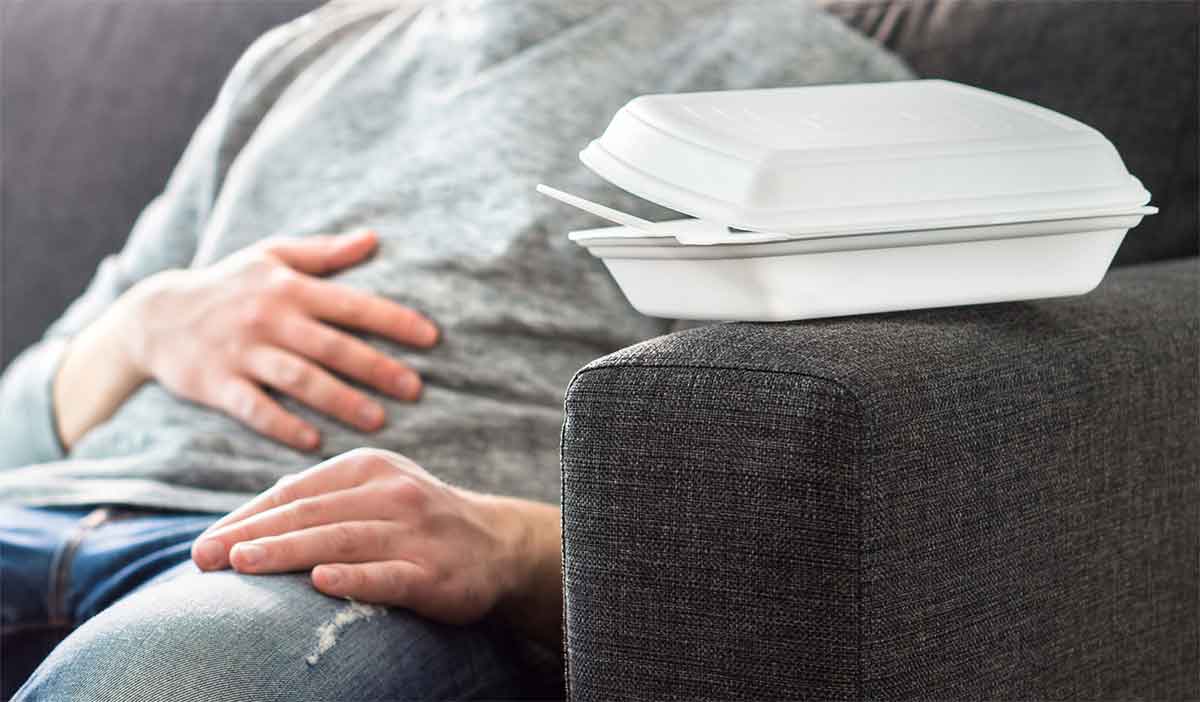Cholesterol plays a major role in a person’s heart health. High blood pressure is a significant risk factor for coronary heart disease and stroke. That’s why it’s important to know your cholesterol levels. But the terms used to describe cholesterol can be confusing. HDL, LDL, Triglycerides… “good cholesterol”… Let’s learn what those terms and numbers mean and when you should be concerned about them.

First of all: What is cholesterol?
Cholesterol is a blood lipid – a fat-like substance that our body needs to work normally. Cholesterol is made up of different parts:
- Low density lipoproteins (LDL) – causes build up of cholesterol and other fats in the blood vessels. Known as bad cholesterol because high levels can cause disease in the arteries and heart disease.
- High density lipoproteins (HDL) – can remove cholesterol and other fats from the blood. Known as good cholesterol because it may protect against heart disease.
- Triglycerides – the form in which the most fat exists in our body. Excess calories are converted to triglycerides and stored in fat cells.
Which is the bad cholesterol?
LDL (bad) cholesterol is produced naturally by the body, but many people inherit genes from their family that causes them to have higher amounts of LDL. You can also increase the amount of LDL in your blood by eating foods with saturated fat or trans fats. If your LDL levels are high, you may need medication to bring them into healthy range.
What are healthy ranges for cholesterol?
Your total cholesterol should be less than 200.
Your HDL cholesterol should be 40 or higher.
Your LDL cholesterol should be less than 100.
Your triglyceride level should be less than 150.
Should I be concerned about my cholesterol?
High cholesterol is a significant risk factor in types of heart disease, including heart attacks or stroke. The risk of high cholesterol increases with age. It is more common in men. It is also more common in women after menopause. Factors that may increase your risk of high cholesterol include:
- Family members with high cholesterol
- High-fat diet
- Excess weight
- Sedentary lifestyle
The American Heart Association recommends having your cholesterol levels checked every four to six years if you are age 20 or older and have not been diagnosed with cardiovascular disease. If you have been diagnosed with cardiovascular disease or have a family history of it, your doctor may want to check your cholesterol more often.
Your family medicine doctor is your best resource to determine if you are at risk for high cholesterol and to help you take steps towards better health. Need a primary care physician? The doctors of Logansport Memorial Hospital are accepting patients. Call (574) 722-4921 to make an appointment.
Women & cholesterol
Generally women – particularly women in their childbearing years – have better cholesterol levels than men. Estrogen tends to raise the “good” cholesterol (HDL) and helps prevent heart disease. However, as women age and go through menopause they lose estrogen and the side benefit of extra HDL. Older women also tend to have higher triglyceride levels which can contribute to overall high cholesterol.
Logansport Memorial Hospital helps women throughout North Central Indiana with cholesterol screenings, regular check-ups and more. If you are concerned about your heart health, schedule an appointment with one of our physicians today.

Cardiac rehab close to home
If you’ve had a heart attack or other cardiovascular incident, you might benefit from cardiac rehabilitation. Cardiac rehab helps patients return to their normal lives after a cardiac event. Supervised exercise programs help increase stamina, endurance, energy and overall health. Group exercise can also provide motivation and the opportunity to build new friendships.





